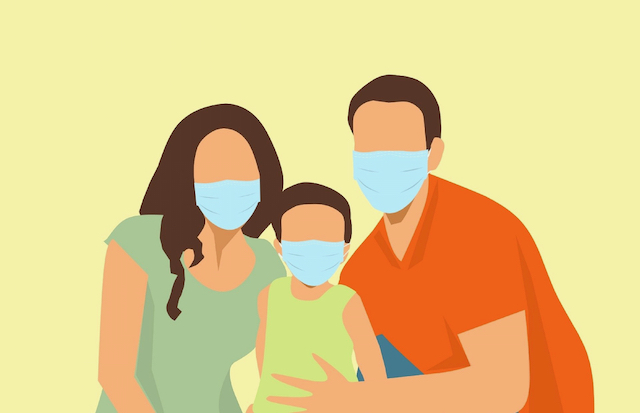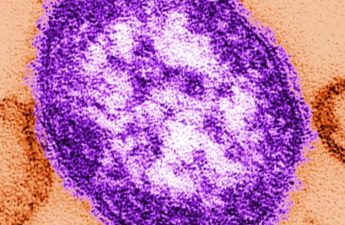
From Washington State Department of Health
As children make the trek back to school (by April 19, all public K–12 schools in Washington will offer in-person learning at least two days a week), it’s important to be mindful of how the transition will affect them.
While getting students back into the classroom is certainly progress in reopening our state, and good news for many parents, kids may react in all sorts of ways.
It’s critical to remind all children to practice the “three W’s” to stop the spread of COVID-19: wear a mask (children over two years old), wash your hands, and watch your distance.
But beyond the basics, different age groups often require different types of support and understanding. Below are some tips on what to expect and how to best support your child while they transition back into the classroom.
Preschool (ages 3–5)
- They may require extra nurturing; carve out 1:1 time before and after school.
- Since they tend to pick up on the mood and feelings of people around them, it’s beneficial to ensure they’re in a generally positive environment.
Grade School (grades K-5)
- They may have strong feelings or emotions that a disruption will happen again (or in the case of COVID-19, that everything may shut down again), so reassure them that no matter what happens, they are supported.
- They may receive misinformation from peers. Making sure you’re well informed will allow you to correct any inaccurate information in a way they can understand.
- Encourage your child to express their feelings through art, movement breaks or other activities.
Middle and High School (grades 6–12)
- Healthy lifestyle choices like good nutrition and exercise, and even mindfulness techniques and breathing (which is beneficial for kids & adults of all ages), can help kids cope with stress. Incorporate these into your child’s daily routine.
- They may have developed a feeling of being ‘out-of-control’ that could cause them to lash out or engage in dangerous behavior. Be willing to have open and honest conversations about what your child is feeling and experiencing.
- Manage your own stress. Children often follow the emotional cues of the adults in their lives. If you are able to be calm and controlled, your child will perceive a sense of safety.
More information
Information in this blog changes rapidly. Sign up to be notified whenever we post new articles.
Check the state’s COVID-19 website for up-to-date and reliable info at coronavirus.wa.gov.
For more information about the vaccine, visit CovidVaccineWA.org. Check the vaccine locator tool to find out if it’s your turn for the vaccine and see a list of places where you can get it. The COVID-19 vaccine is provided at no cost to you.
Answers to your questions or concerns about COVID-19 in Washington state may be found at our website. You can also contact the Department of Health call center at 1–800–525–0127 and press # from 6 a.m. to 10 p.m. Monday, and 6 a.m. to 6 p.m. Tuesday — Sunday and observed state holidays. Language assistance is available.


